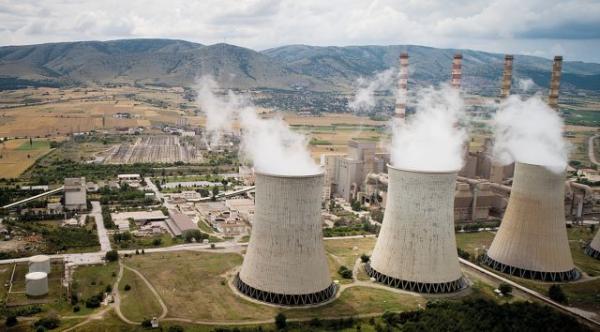
The Greek government, domestic power providers and fuel vendors are continuing to focus on possible repercussions from the ongoing surge in global energy prices, especially natural gas.
Heating oil prices, for instance, debuted this week in the east Mediterranean country at some 45 percent higher (roughly 1.13 euros per liter) than their debut last year.
At the same time, the next-day wholesale electricity price exceeded 210 euros per megawatt, continuing last week’s rally of more than 200 euros on a daily basis.
In terms of natural gas prices in Greece, wholesale industrial consumers are bracing for increases in monthly bills ranging from 20 to 40 percent.
The first measure to blunt higher prices is the use of revenues from emission rights auctions, something approved by the Commission.
Temporary measures announced last week include an 18-euro per month subsidy for certain categories of households, expansion of the heating oil subsidy to include more households and a 15-percent discount offered by the natgas provider in the country, DEPA, for heating use.
More permanent measures are being examined for professionals and businesses.
On a more strategic view, and in opposition to the current government’s high-profile pledge to completely eliminate lignite use over the next few years, the Public Power Corp. (PPC), Greece’s state-run and dominant power utility, has opened previously sealed lignite pits and resumed mining there.
The goal is to accumulate enough lignite deposits to ensure the smooth operation of still open lignite-fired power stations, and, if necessary, restart units previously closed as part of the de-lignitization policy.
Latest News
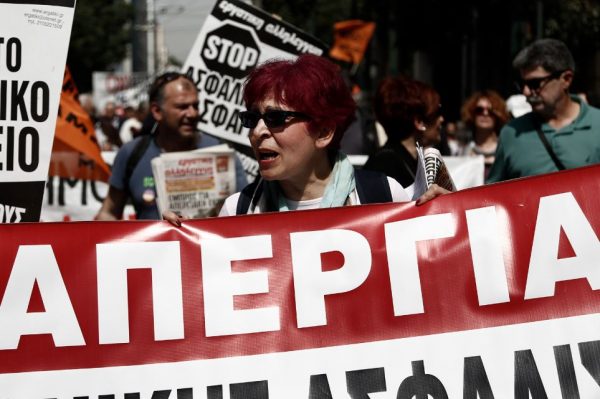
Greece’s Top Unions Announce April 9 Nationwide Strike
As of now, there is no official announcement on whether workers in public transport systems will join the strike, leaving questions about the availability of buses, metro, and trams on the day.
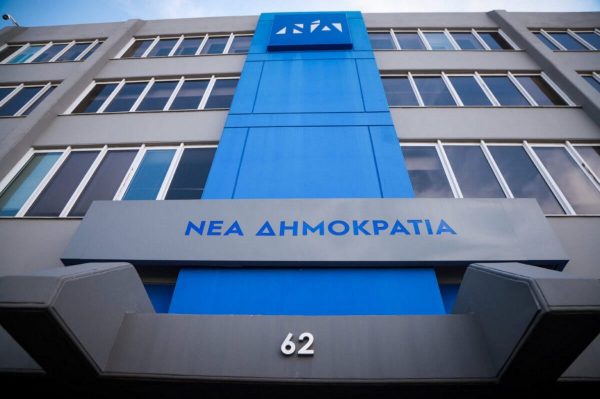
PM Mitsotakis to Chair New Democracy’s Committee Meeting
Today’s meeting is seen as a crucial opportunity to halt internal disputes within ND and reaffirm unity within the party.

Trump Tariffs Jeopardize Growth: Piraeus Chamber of Commerce
The tariffs, aimed at reducing the U.S. trade deficit, are expected to have both direct and indirect effects on the European economy

EU Condemns Trump Tariffs, Prepares to Retaliate
As tensions escalate, the EU is expected to continue negotiations with Washington while preparing for potential economic retaliation.

The Likely Impact of Trump Tariffs on Europe and Greece
Trump tariffs are expected to negatively affect economic growth in the Eurozone while Greece's exports could take a hit.

Motor Oil Results for 2024: Adjusted EBITDA of 995 mln€; Proposed Dividend of 1.4€ Per Share
Adjusted EBITDA for 2024 was down 33% yoy. The adjusted profit after tax for 2024 stood at 504 million euros, a 43% decrease from the previous year

Cost of Living: Why Greece’s 3% Inflation Is Raising Alarm
Greece appears to be in a more difficult position when it comes to price hikes, just as we enter the era of Trump’s tariffs.

Fitch Ratings Upgrades the Four Greek Systemic Banks
NBG’s upgrade reflects the bank’s ongoing improvements in its credit profile, Fitch notes in its report, including strong profitability, a reduction in non-performing exposures (NPEs), and lower credit losses

Trump to Announce Sweeping New Tariffs Wednesday, Global Retaliation Expected
With Trump's announcement just hours away, markets, businesses, and foreign governments are bracing for the fallout of one of the most aggressive shifts in U.S. trade policy in decades.

Inflation in Greece at 3.1% in March, Eurostat Reports
Average inflation in the eurozone settled at 2.2%, compared to 2.3% in February



























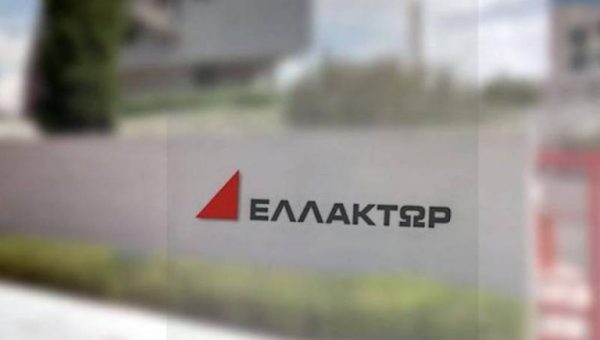



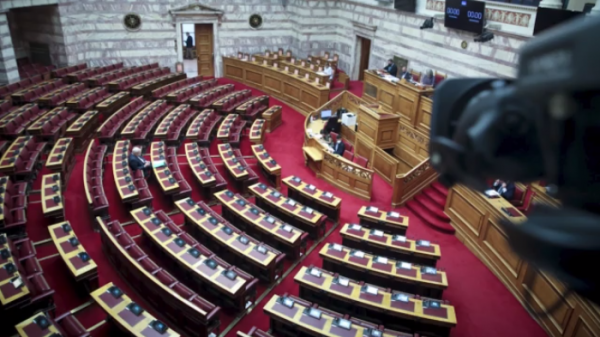




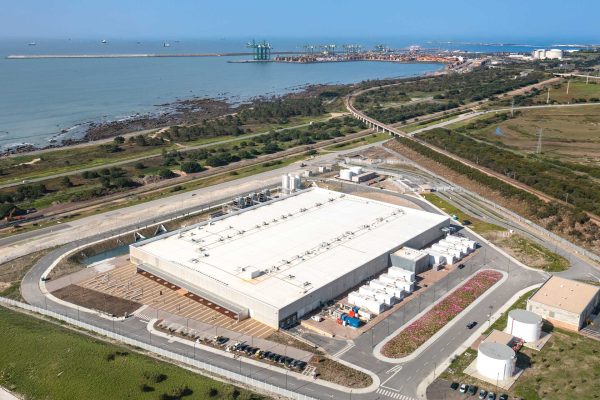





 Αριθμός Πιστοποίησης
Αριθμός Πιστοποίησης